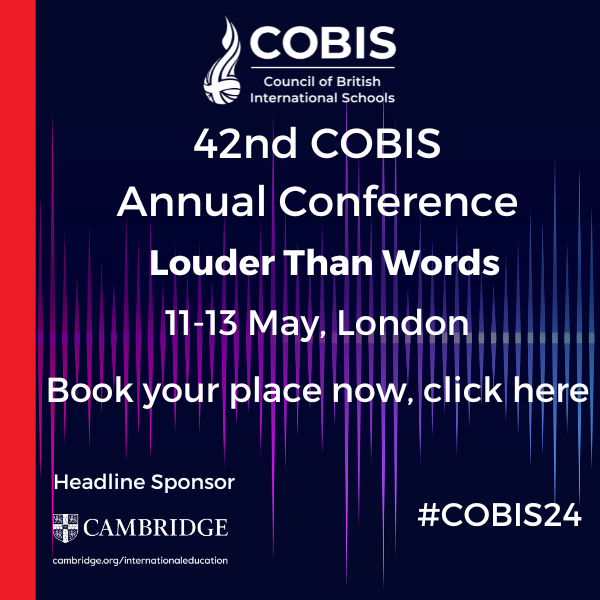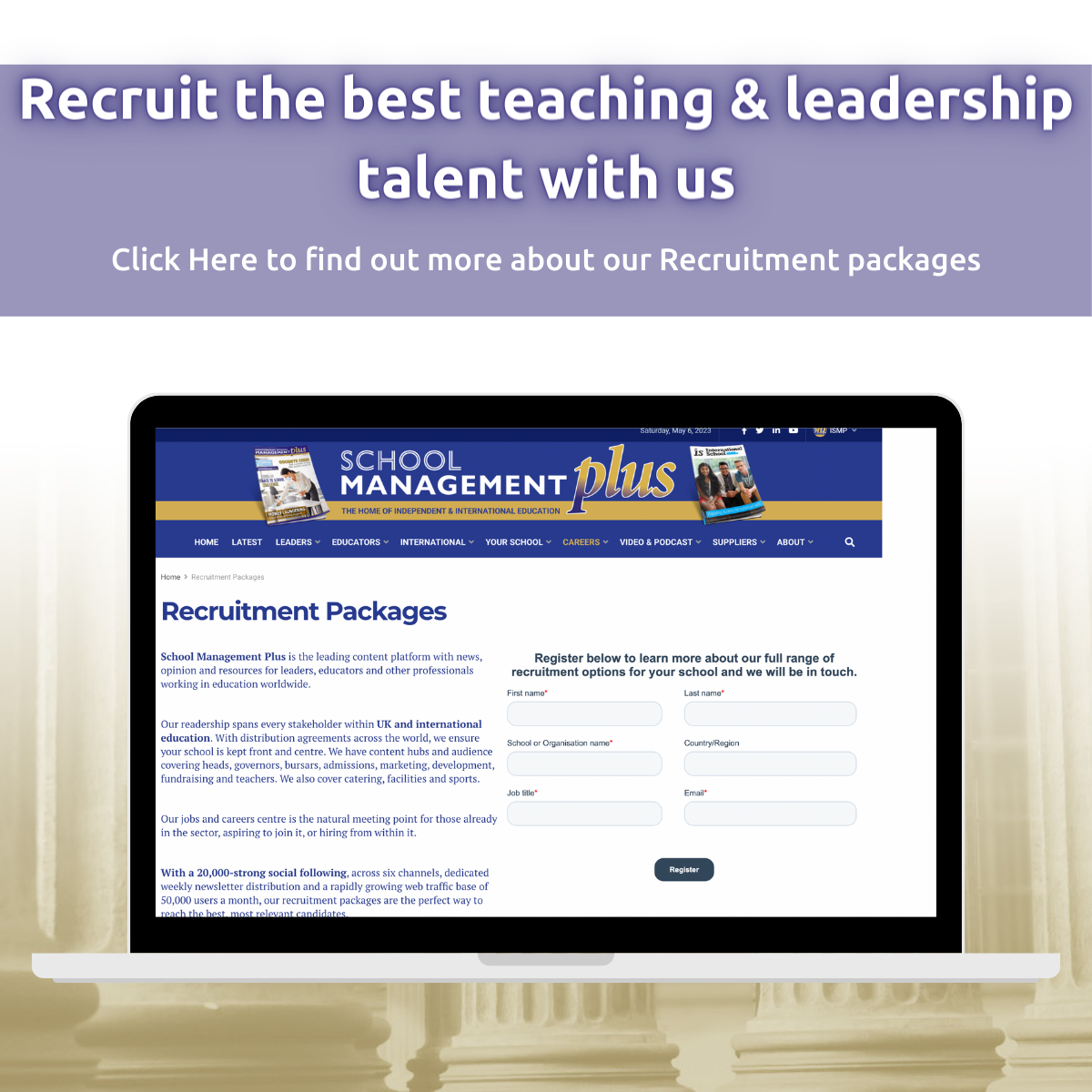Concern for the mental health and wellbeing of education professionals is increasing globally and recent studies have found a growing number to be reaching burnout.
In the 2022 UK Teacher Wellbeing Index, two-thirds of participants reported experiencing mental health symptoms related to their work, with a third attributing their symptoms to burnout, while in a recent Gallup poll of teachers from the USA, 44 per cent report feeling burnt out often or always.
Cultures of overwork
In schools, how hard we work has increasingly become the central measure of our value and overwork is worn like a badge of honour. Recovery time is viewed as being contrary to our commitment to students and something we should feel guilty about, while stress and burnout are considered inevitable by-products of this culture.
“The culture of overwork permeating our schools does not make them more effective.”
Yet there is decades of research to show that healthy employees make more effective employees. They have more energy, perform better at work tasks, build better collegial relationships, are less likely to be absent from work and less likely to leave their job. In schools, students taught by burnt out teachers have been found to be less motivated, more disruptive and have lower academic outcomes.
It is time for us to acknowledge that the culture of overwork permeating our schools does not make schools more effective but instead undermines a school’s core purpose.
The need for self care
Research shows that burnout is primarily a condition of the workplace and not of the individual. Educators are not to blame for their own burnout, instead it is caused by a range of factors relating to the work context that include unmanageable workload and a poor workplace culture. Burnout is most effectively prevented by addressing its causes strategically, at the organisational level.
“Educators are not to blame for their own burnout.”
Yet, it remains the case that most schools are not taking sufficient steps to improve the working conditions of their staff. This leaves individuals searching for effective self-care measures they can implement to try to take control of their own wellbeing and prevent burnout.
Self-care has become big business and encompasses a wide range of practices, not all of which have been rigorously researched. Effective self-care provides opportunities for recovery, a biological process that allows the psychological and physiological systems that are activated during the day or week to return to a baseline value.
Effective recovery from overwork allows us to replenish resources and reduce the symptoms associated with work-related strain that negatively impact our health and wellbeing. The Work Recovery Framework is an evidence-based approach that helps educators maximise recovery during their non-work time to balance the effects of the long hours they spend in intense working conditions.
Work recovery framework
Researchers have identified four experiences that are essential to effective work recovery – psychological detachment, relaxation, control and mastery experiences. To maximise their work recovery and replenish resources, educators need to engage frequently and regularly in these experiences.
“The freedom to decide how to spend leisure time is key to the recovery process.”
The most important is psychological detachment, which involves fully disengaging from work, mentally and physically, during non-work time. Psychological detachment is strongly associated with decreased levels of exhaustion and psychological strain, as well as improved sleep and is positively linked to job performance.
Relaxation allows our bodies and brains to be restored to pre-stress levels as the relaxation response is initiated. Practising relaxation has been found to lower heart rate, blood pressure and oxygen consumption, which all counteract the effect of stress on the body.
Control refers to the level of autonomy that we have over how we spend our non-work time. Studies show that freedom to decide how to spend leisure time is key to the recovery process. High levels of control are associated with decreased emotional exhaustion and high levels of positive emotion. Finally, mastery experiences provide opportunities for us to experience feelings of achievement and competence in activities that are unrelated to work, leading to neurochemical reactions in the brain that leave us feeling uplifted.
“Grinding out relentless hours of work is more likely to be counterproductive.”
As educators we have a tendency to neglect our work recovery during term time and instead push on through to the holiday. Studies show, however, that the benefit of a holiday lasts for a maximum of three weeks on return to work, regardless of the length of the break. Likewise, the benefit of the weekend only lasts until Tuesday.
It is, therefore, essential that we engage in effective work recovery in the evenings and even during the working day. Finding ways to take breaks during the school day is a major challenge for educators rushing from lesson to lesson or meeting to meeting. Yet studies show that even short workday breaks help us to manage stress, decrease exhaustion, and reduce the need for a long recovery at the end of the day. Regular short breaks also increase performance and productivity and in the school context will lead to better student outcomes.
Grinding out relentless hours of work, day after day, week after week is more likely to be counterproductive to school effectiveness. While in our fast-paced school environments, long breaks may not be possible, studies show micro-breaks to be an effective strategy for sustaining an educator’s resources. Micro-break activities are short, informal activities taken voluntarily between tasks, at an employee’s discretion, and can last from just forty seconds to several minutes. Studies show that frequent micro-breaks, reduce physical and mental fatigue and increase positive emotions.
“A career in education is a marathon not a sprint.”
Taking responsibility for our work recovery, involves a change of mindset for educators. While it is crucial that we understand the damage that the culture of overwork is doing to our health and wellbeing, we also need to consider the wider consequences.
A career in education is a marathon not a sprint. If we cannot put our own needs first and instead continue to prioritise the needs of students and the expectations of the school, it is our students and the school that will ultimately suffer. Finding ways to pace ourselves, to ensure we take recovery time and put in place routines that support an effective work-life balance are essential if we are to sustain our roles in the long term.
Helen Kelly will be holding two workshops on maximising work recovery this October. Click on the links below to find out more:




















